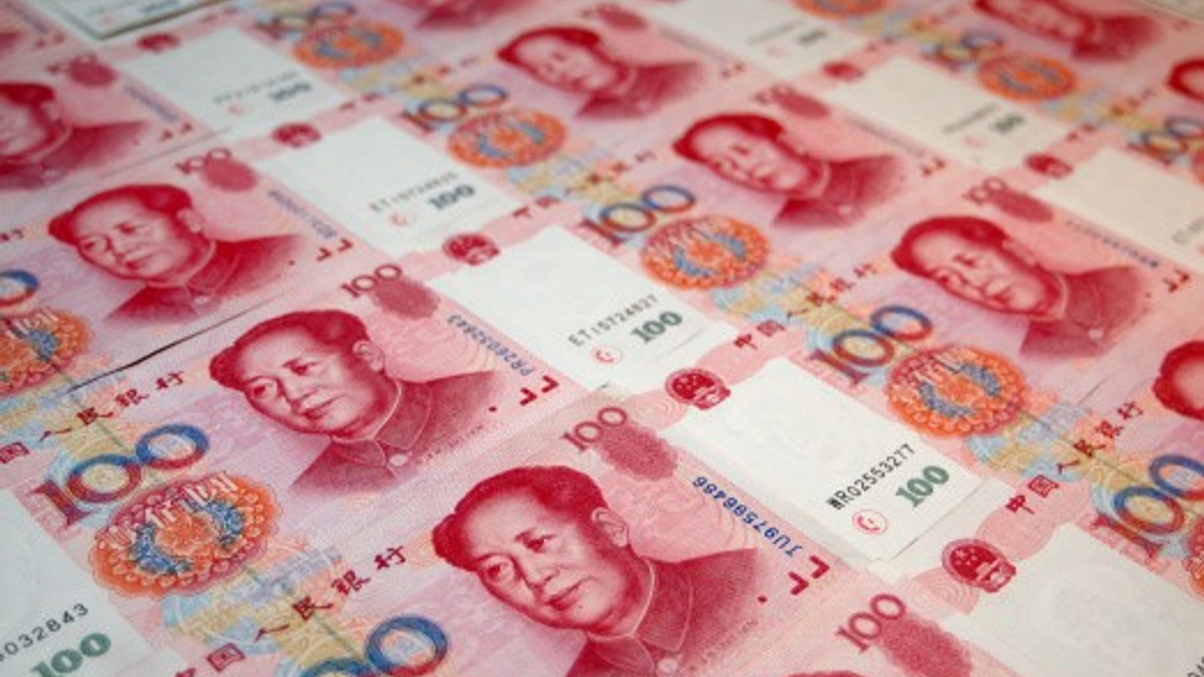CCB lists first RMB money-market ETF in London
China Construction Bank has launched the first RQFII money-market ETF onto the UK markets. The move comes as the lender seeks to tap growing European demand for investments in the Chinese currency.

China Construction Bank (CCB) has listed the first RQFII money-market ETF in London, the lender announced yesterday.
Sign in to read on!
Registered users get 2 free articles in 30 days.
Subscribers have full unlimited access to AsianInvestor
Not signed up? New users get 2 free articles per month, plus a 7-day unlimited free trial.
¬ Haymarket Media Limited. All rights reserved.


